HNC/D Hospitality: Leadership and Management Report Analysis
VerifiedAdded on 2023/01/23
|12
|696
|71
Report
AI Summary
This report delves into leadership and management principles, focusing on their application within the service industry, particularly the hospitality sector. It begins by exploring classical management theories, including Fayol's, Frederick's, and scientific management theories, and then examines different types of organizational culture such as power, role, task, and person cultures. The report highlights the roles of both leaders and managers, distinguishing their responsibilities and contributions to an organization. It reviews various leadership styles, specifically focusing on democratic leadership, and compares it with autocratic leadership. The study also analyzes the impact of technology on communication and coordination within the service sector, concluding that effective leadership involves guiding and monitoring performance, while a positive organizational culture enhances employee engagement. References are provided to support the findings.
1 out of 12
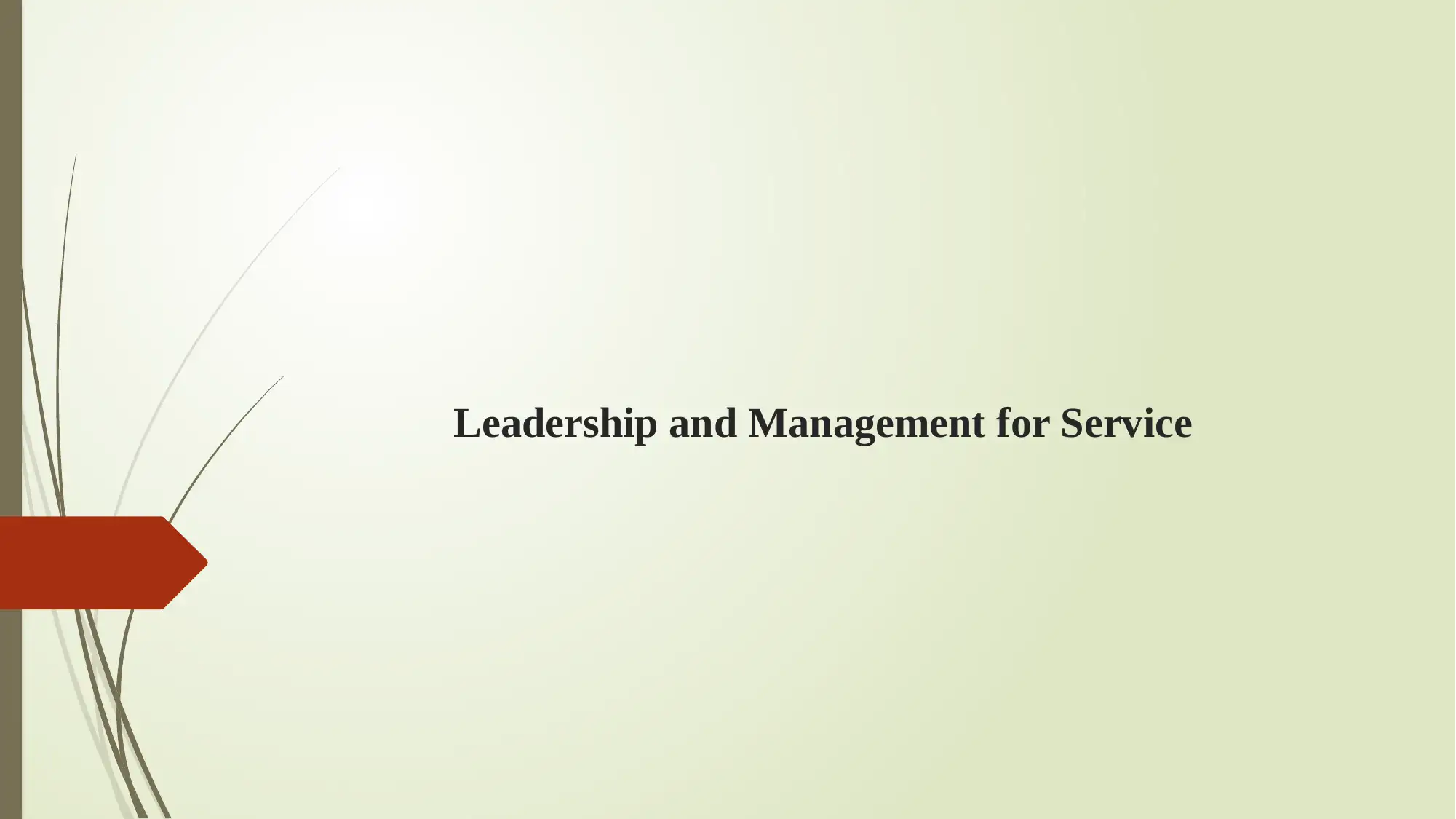
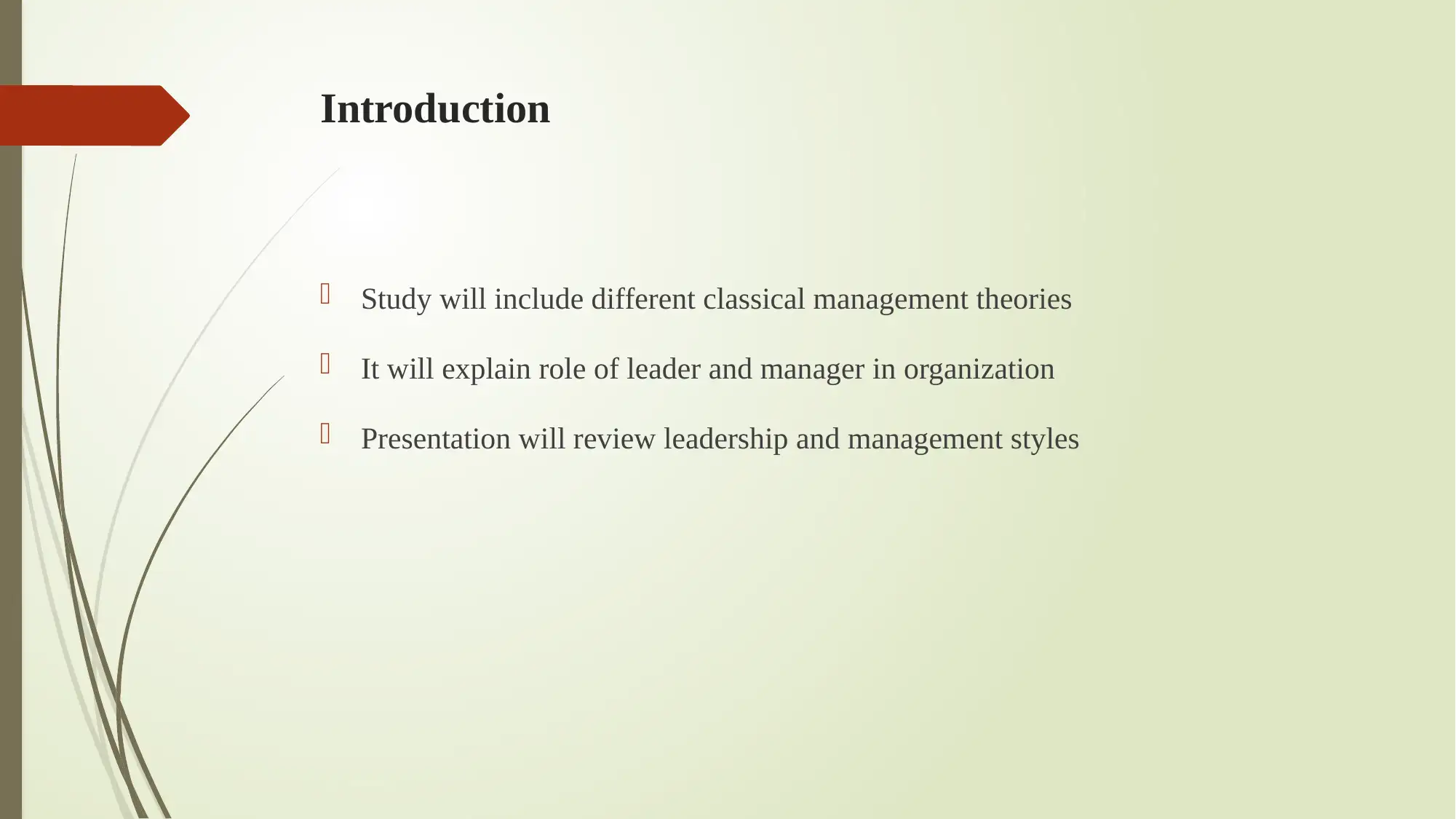
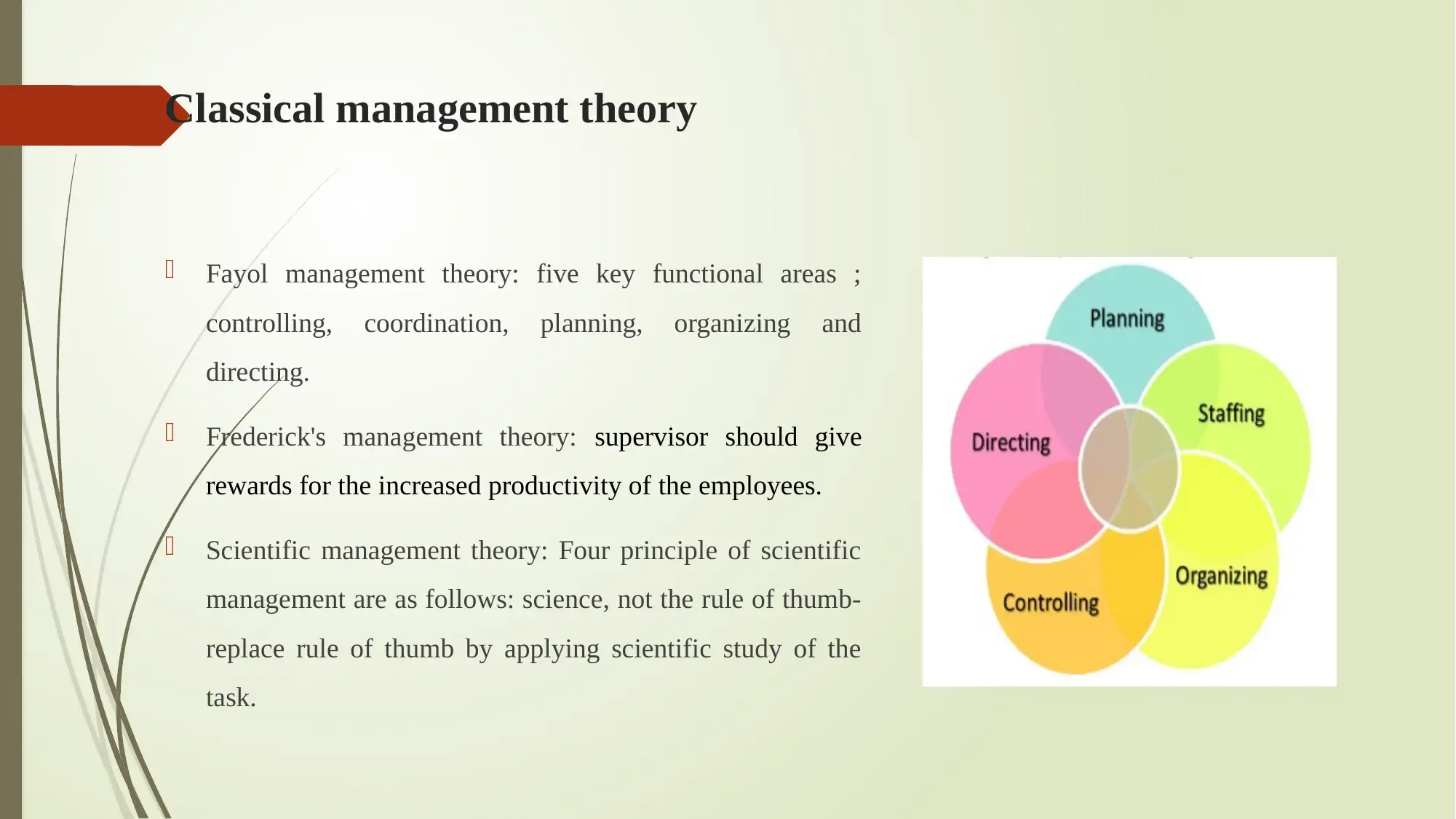

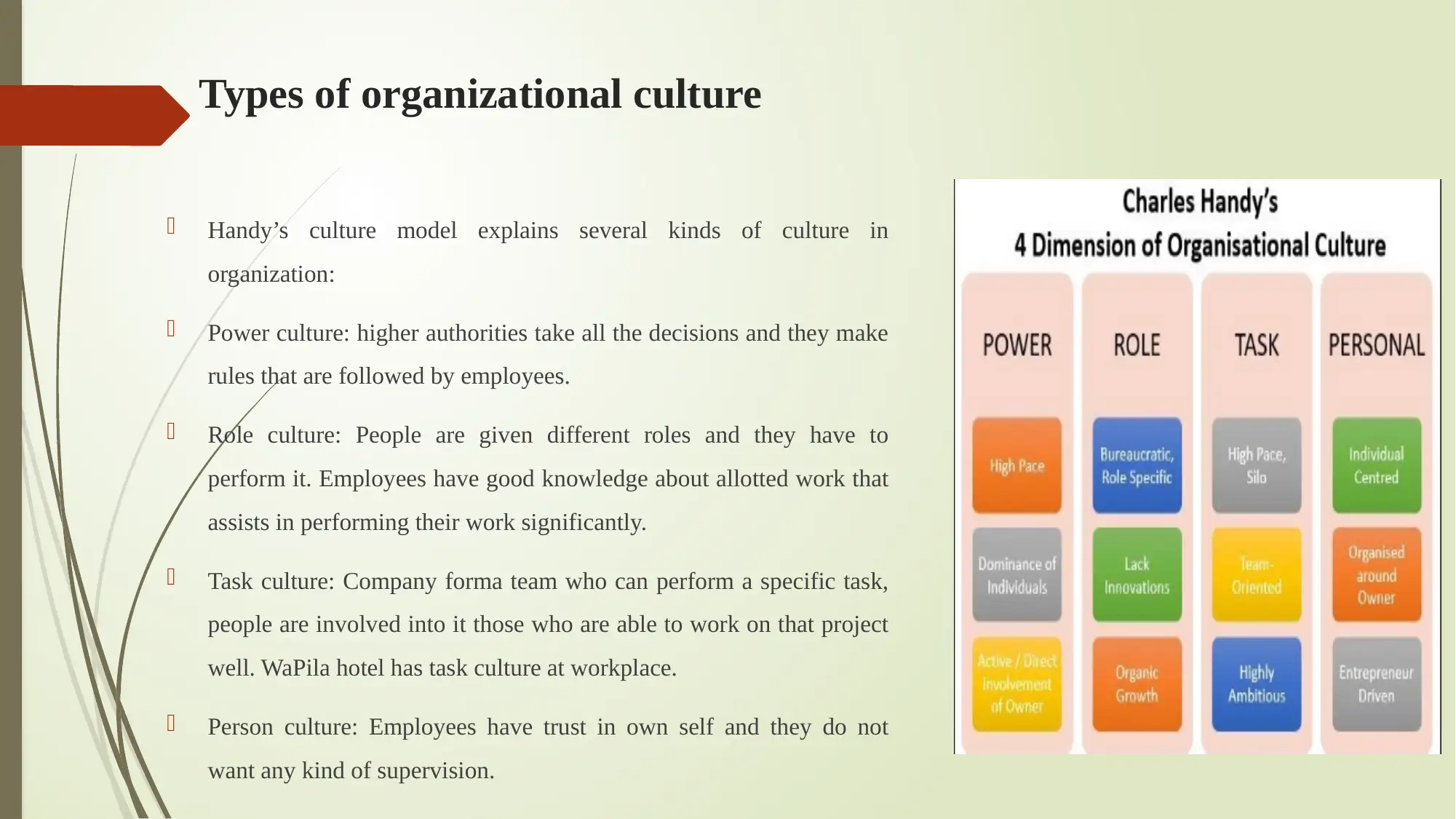
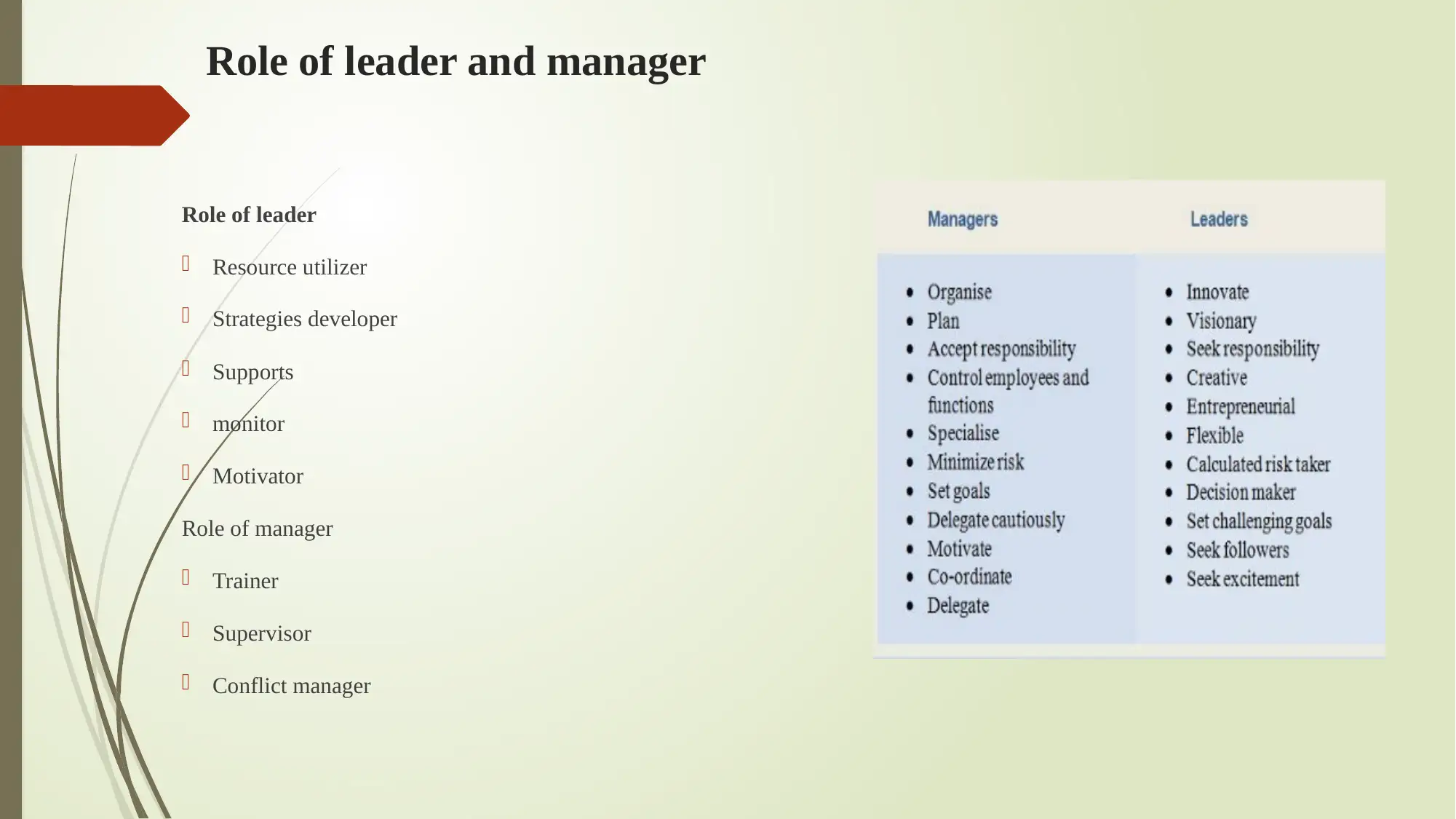
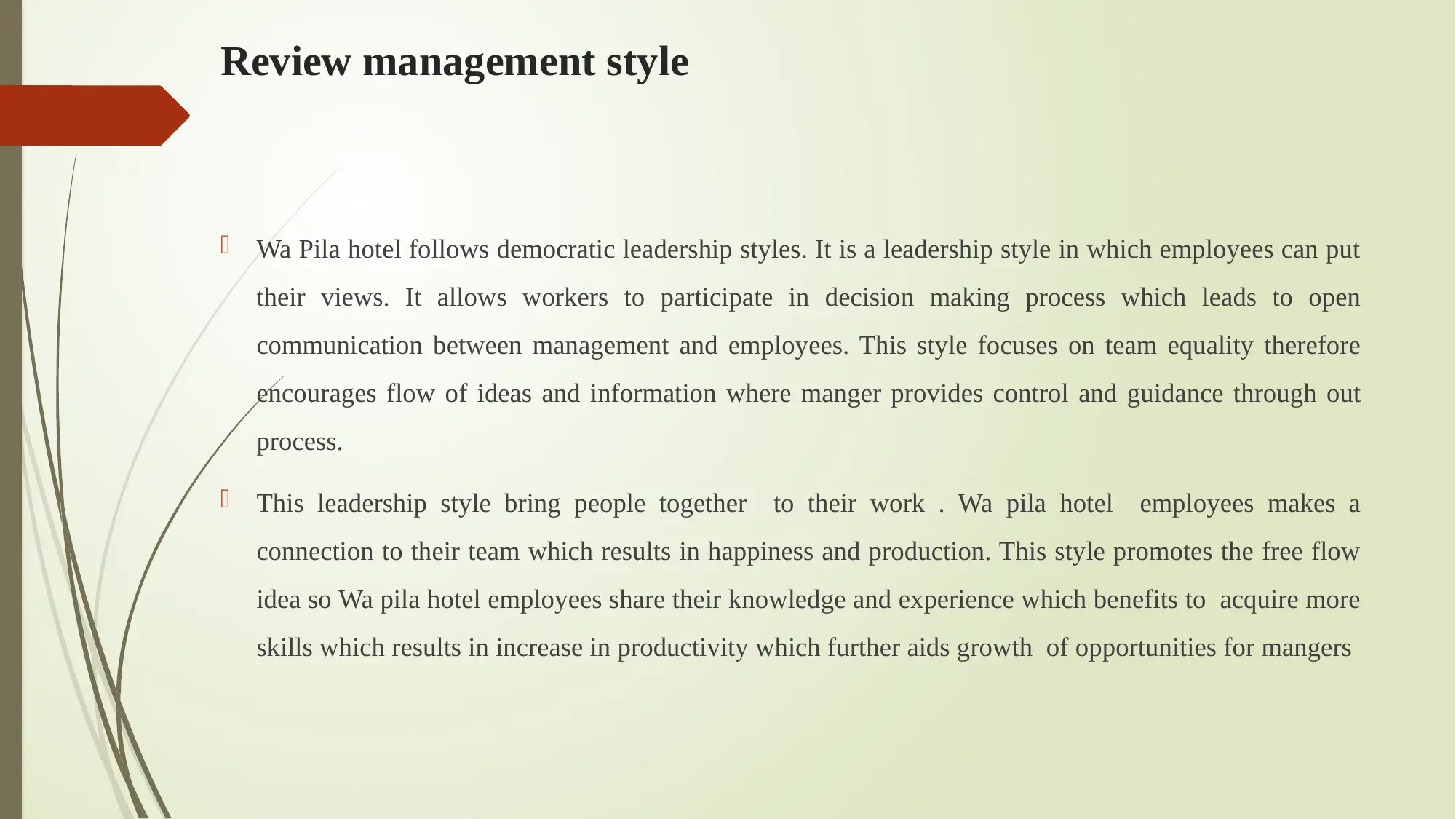
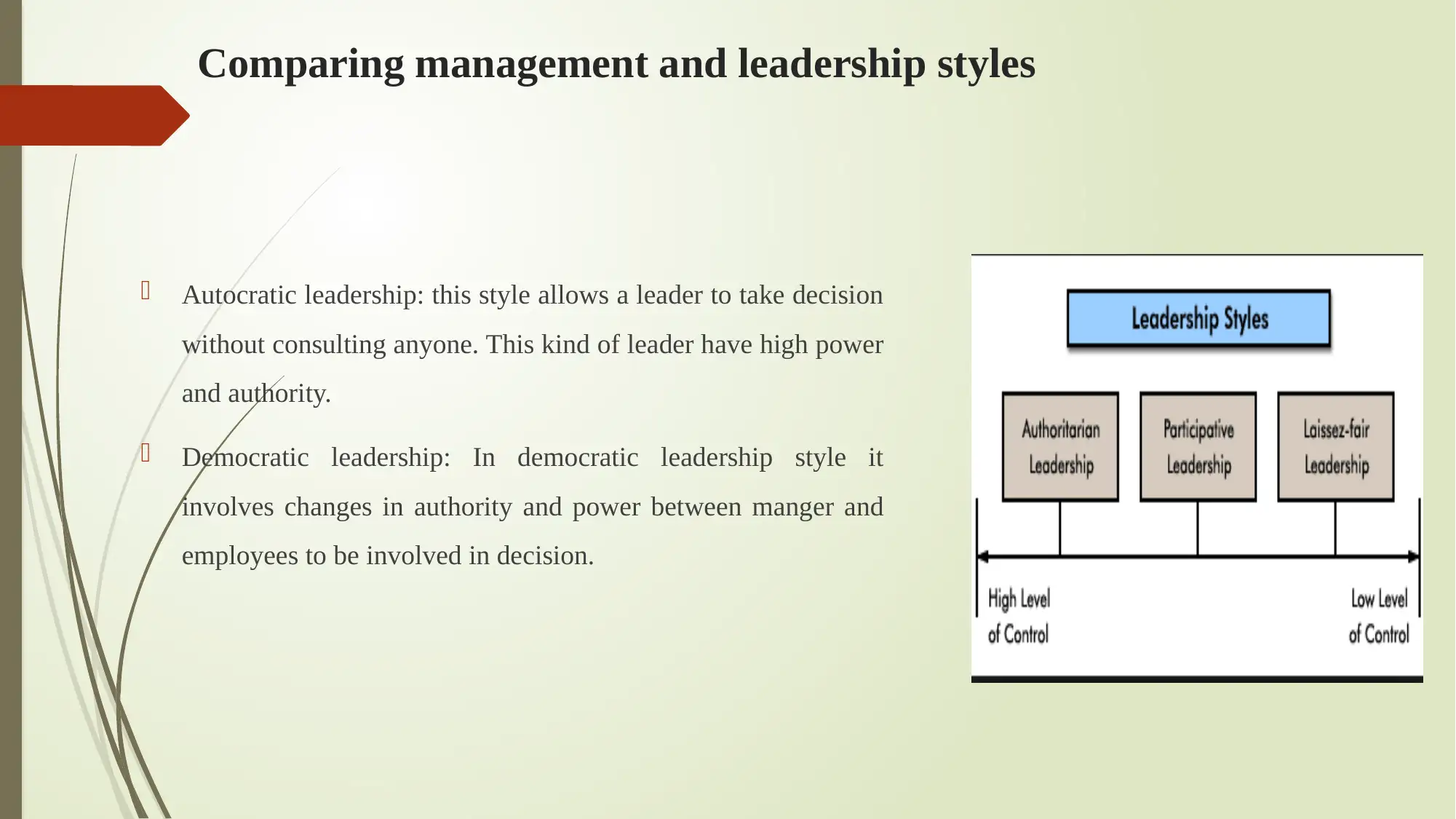
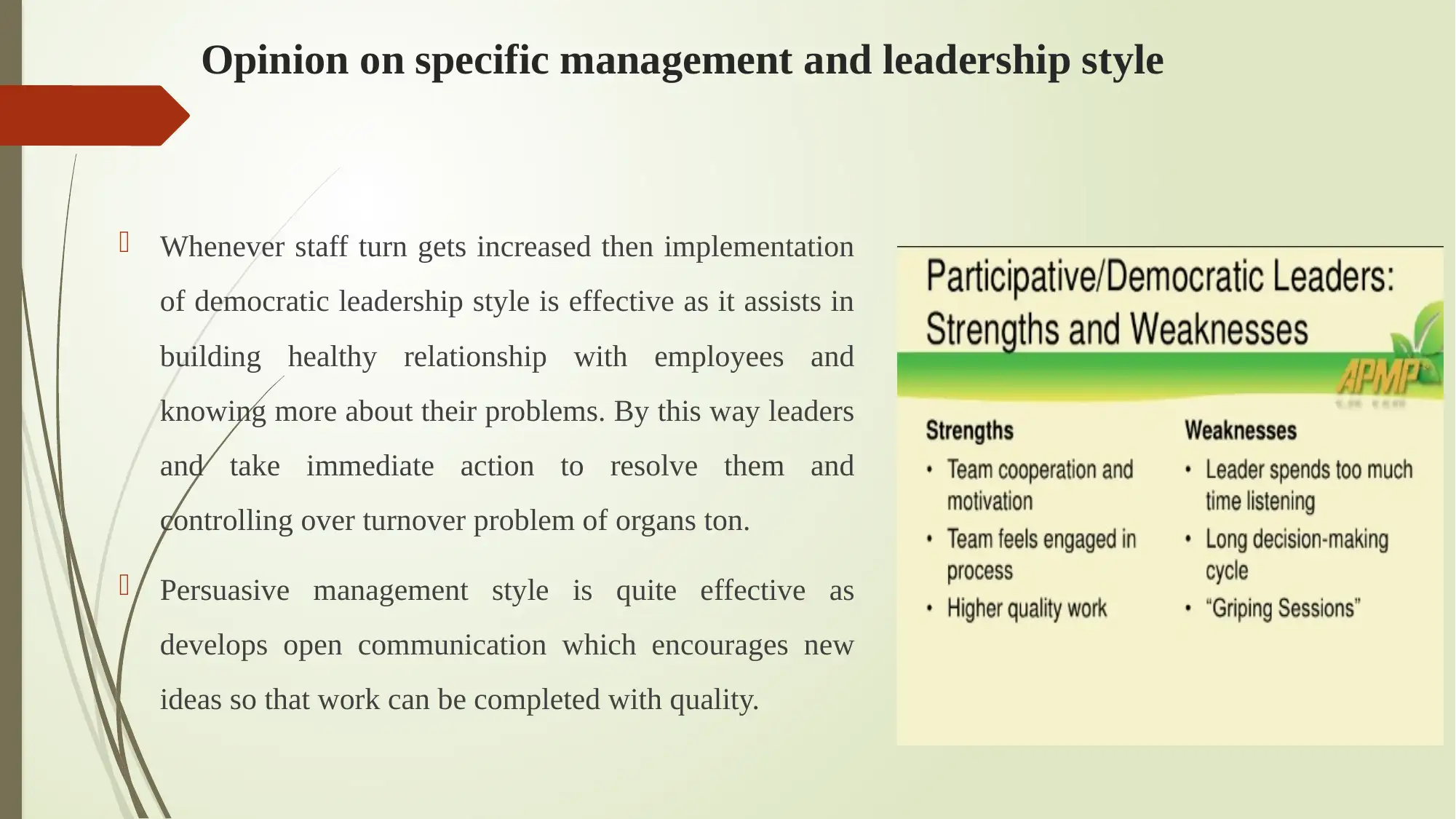
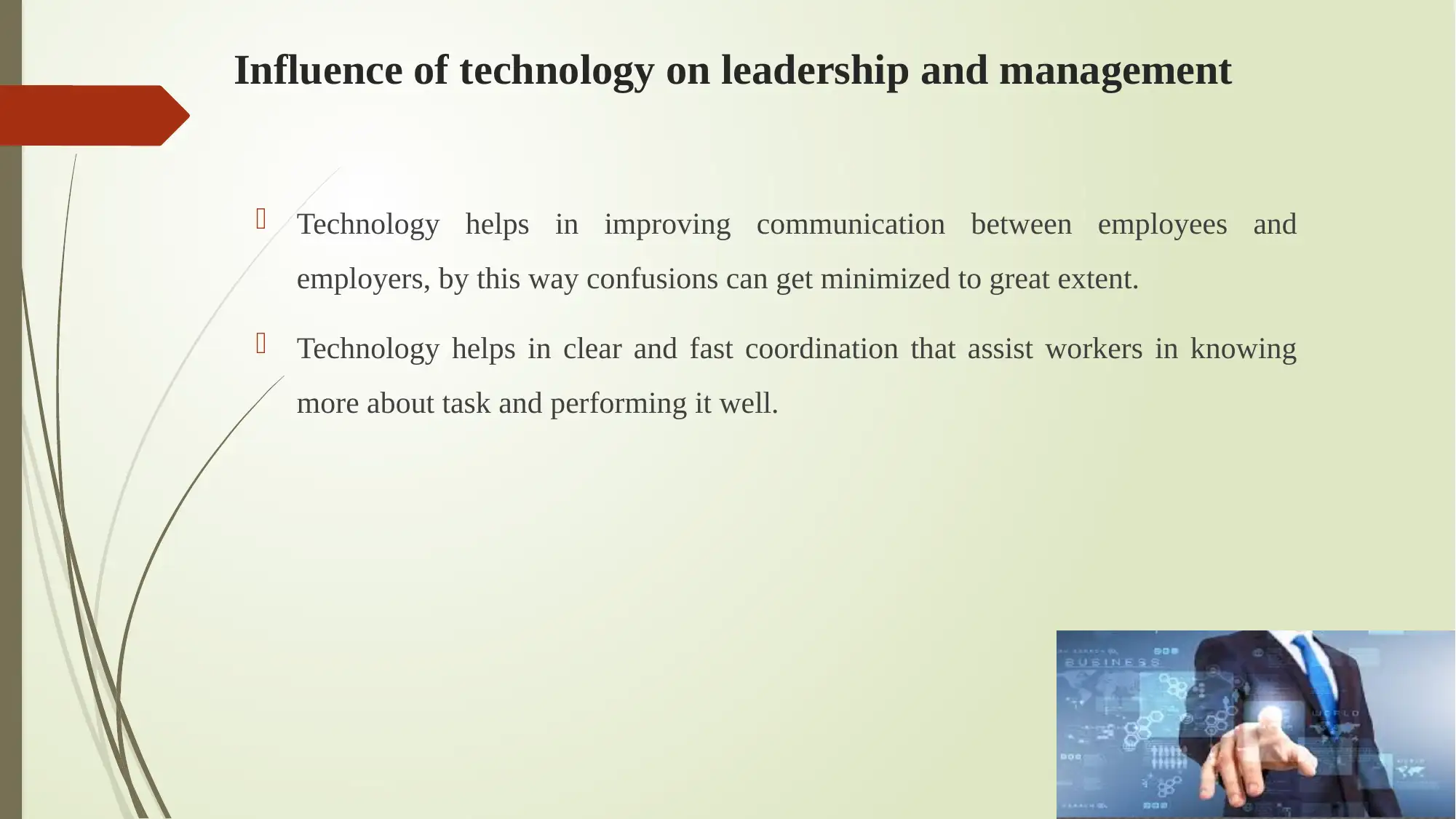
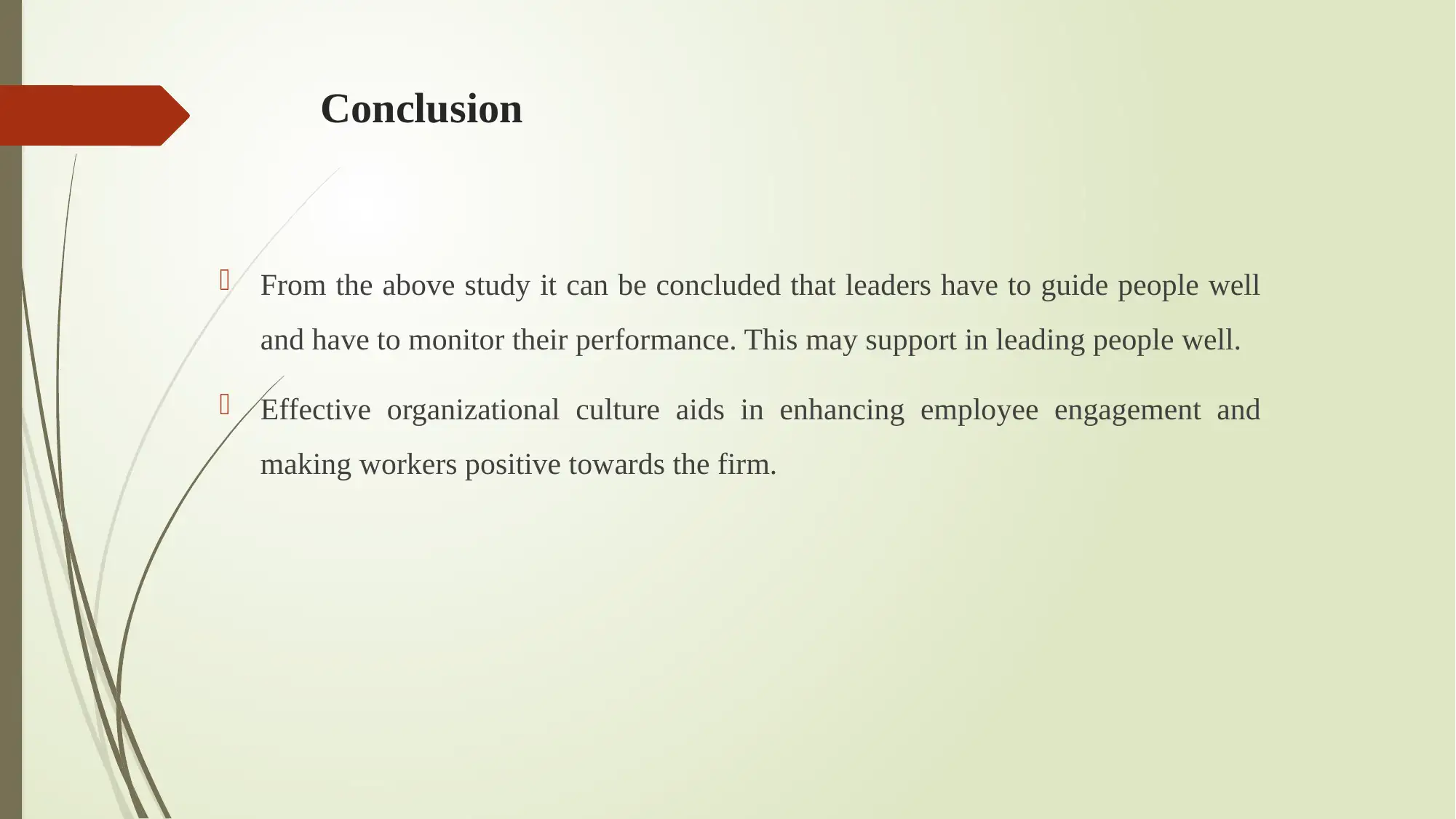
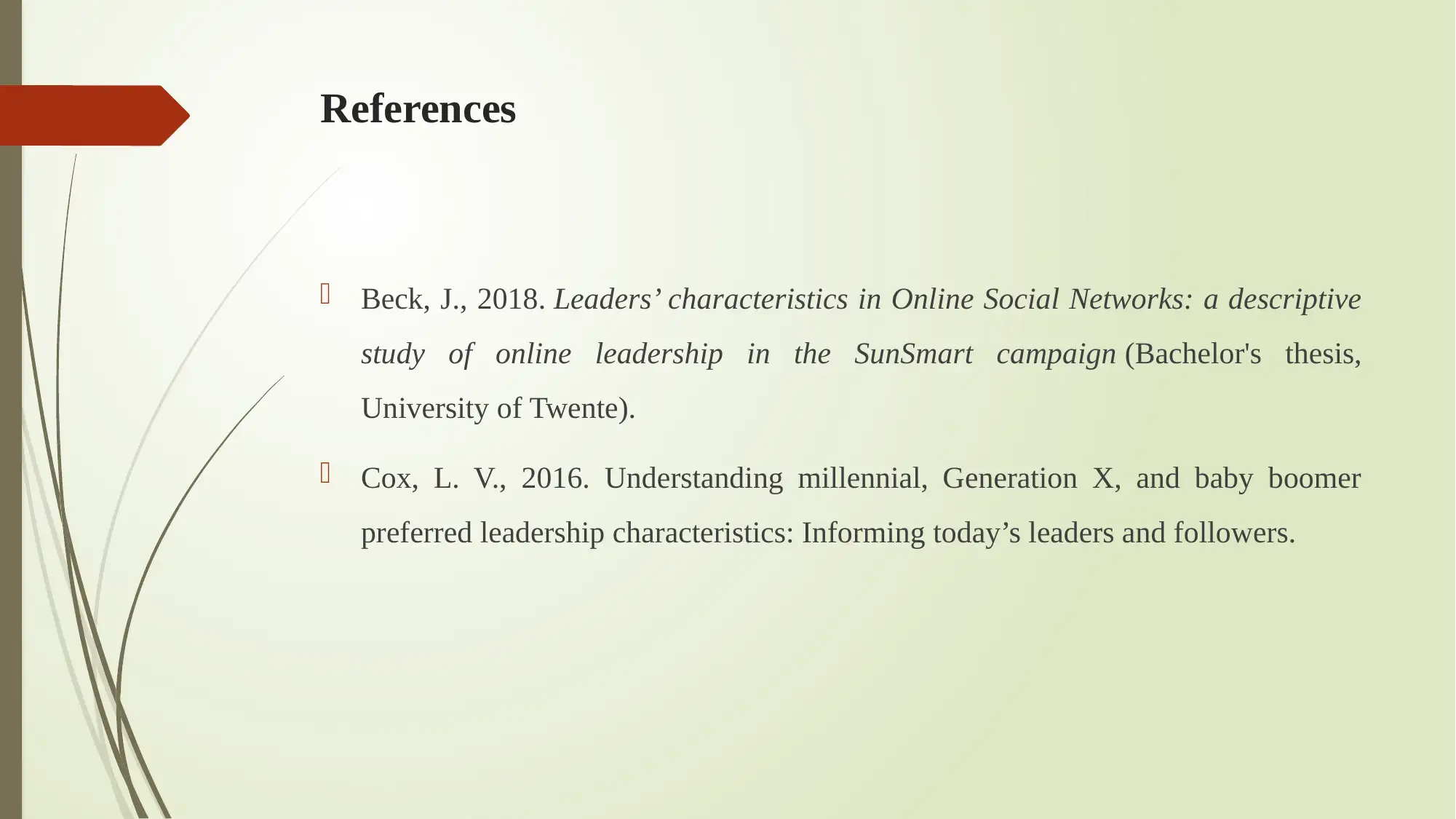
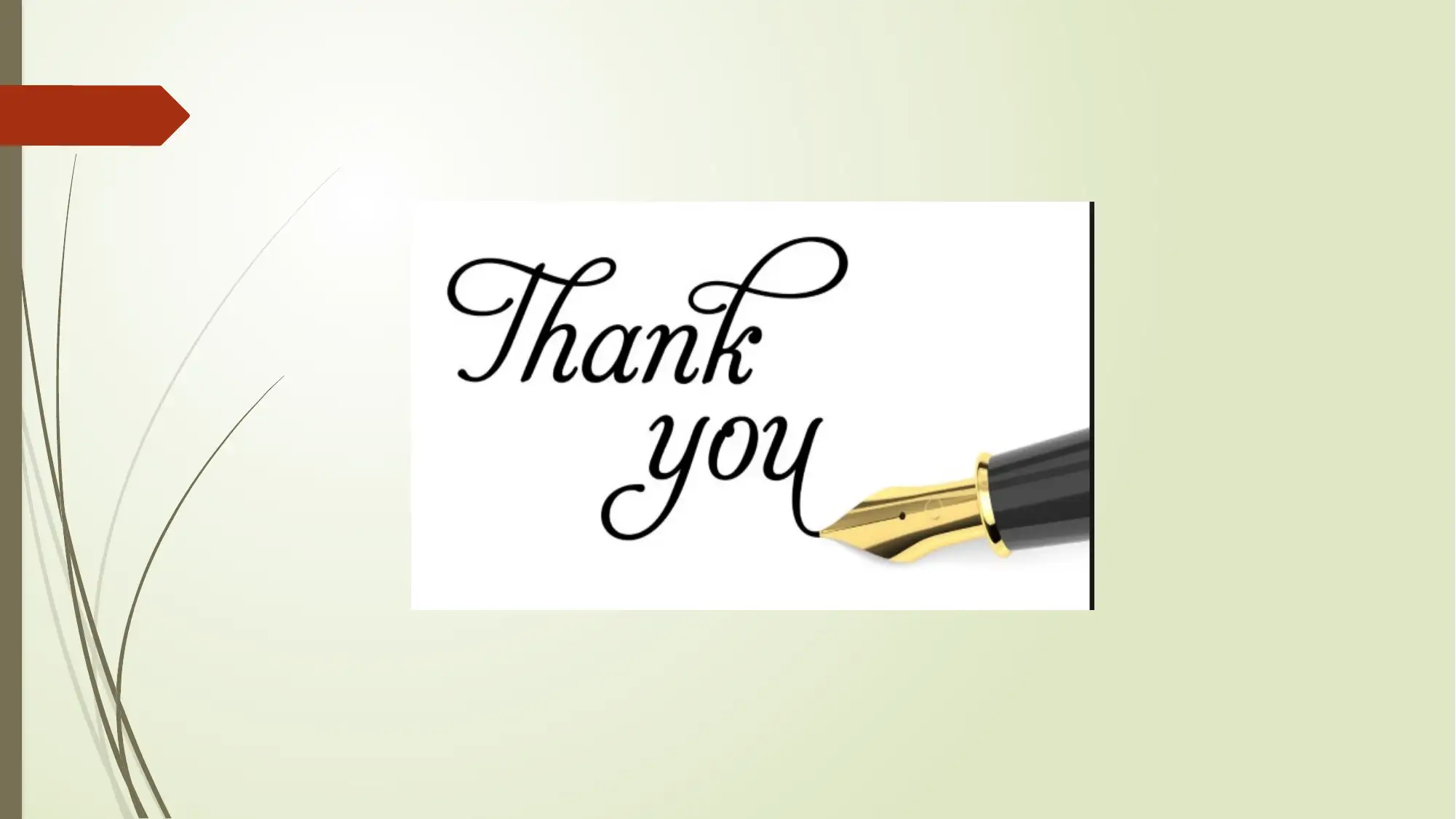






![[object Object]](/_next/static/media/star-bottom.7253800d.svg)